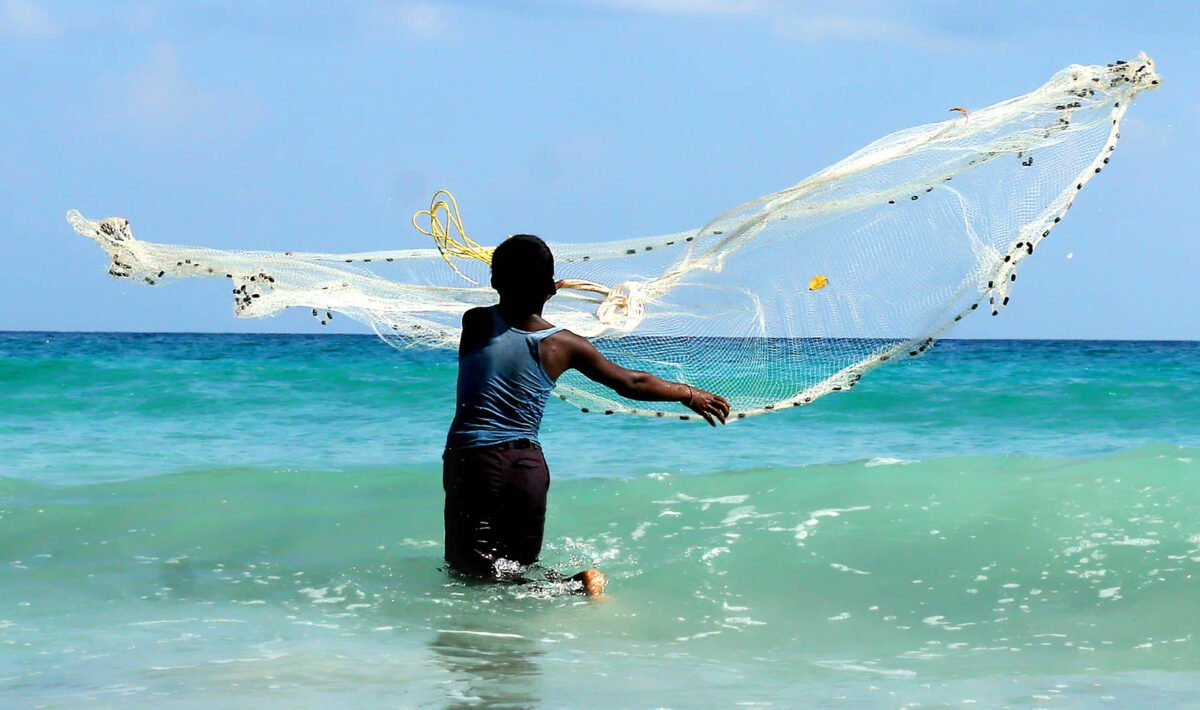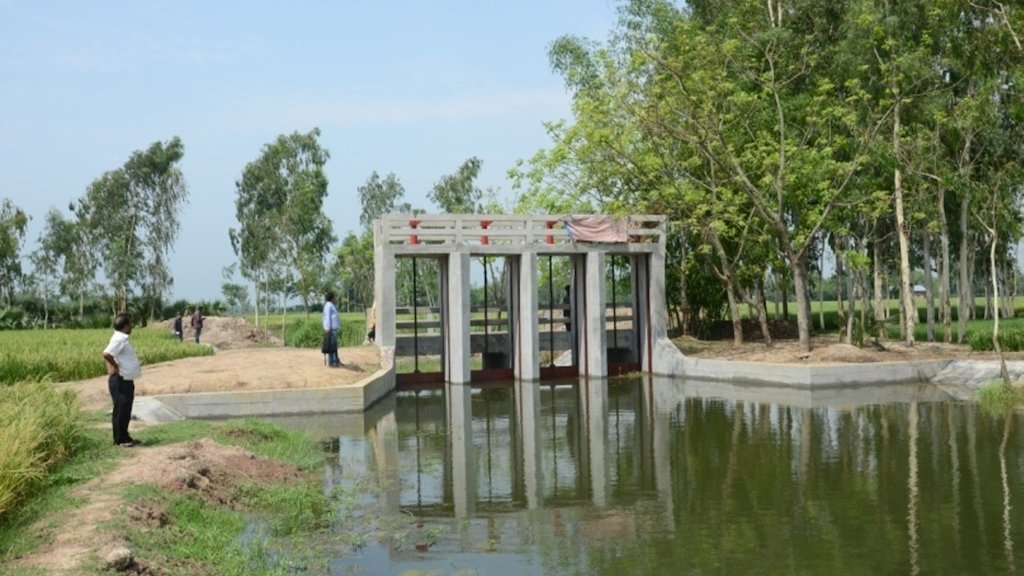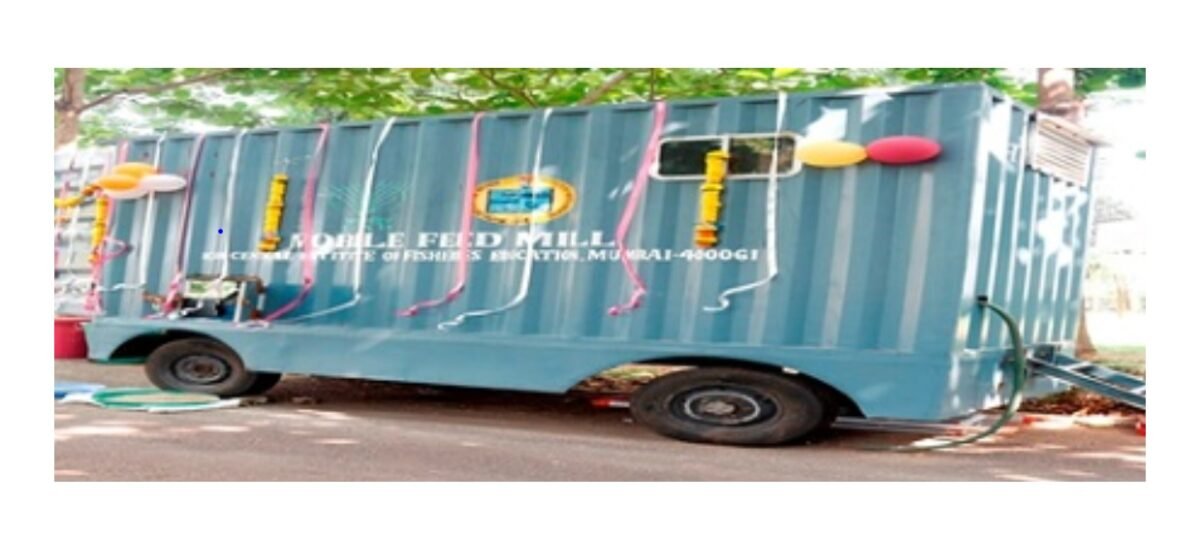Department of Fisheries to host Investors’ Meet 2024: “Investment Opportunities in Fisheries and Aquaculture Sector of A&N Islands”
Around 60 Investors from various parts of the country specializing in technologies related to Tuna and Seaweed will also be participating in the event.
The Department of Fisheries, under the Ministry of Fisheries, Animal Husbandry & Dairying, is organizing an Investors Meet 2024: Investment Opportunities in Fisheries and Aquaculture sector of Andaman & Nicobar Islands on 14th November 2024 at Taj Exotica, Swaraj Dweep, Andaman & Nicobar Islands in the gracious presence of Union Minister Rajiv Ranjan Singh alias Lalan Singh, Ministry of Fisheries, Animal Husbandry & Dairying (MoFAH&D) and Ministry of Panchayati Raj along with George Kurian, Minister of State, MoFAH&D and Ministry of Minority Affairs, Prof. S.P. Singh Baghel, Minister of State, MoFAH&D and Ministry of Panchayati Raj, Admiral D K Joshi, PVSM, AVSM, YSM, NM, VSM (Retd.), Lieutenant Governor, Andaman & Nicobar Islands, Secretary (Fisheries), Department of Fisheries(DoF), MoFAH&D, Chief Secretary, Andaman & Nicobar Islands and other dignitaries. The event will also have participation from officials from the Department of Fisheries, State/UT Fisheries Departments, scientists, etc. Around 60 Investors from various parts of the country specializing in technologies related to Tuna and Seaweed will also be participating in the event.
The Andaman and Nicobar Islands offer a prime opportunity for fisheries development, with around 6.0 lakh square km of Exclusive Economic Zone (EEZ) rich in under-exploited sea resources, particularly Tuna and Tuna like high valued species, estimated at 60,000 metric tons. Their proximity to Southeast Asian countries enables efficient sea and air trade, while the pristine waters support sustainable fishing practices. Coupled with effective administrative measures, the region is well-positioned to leverage its marine resources for economic growth. The Investors’ Meet 2024 in the Andaman & Nicobar Islands offers a platform for knowledge exchange, networking, and business exploration, with sessions to promote public-private partnerships for sustainable growth in fisheries and aquaculture. The event includes lead presentations, B2B and B2G interactions, and strategy planning, aiming to drive investments in infrastructure, technology transfer, skill development, and innovation. Interactive sessions will highlight best practices, address private sector challenges, and foster Southeast Asian networking to explore new business opportunities and trade synergies in the sector. In addition, the event will also mark the launch of video for the development of a Tuna Cluster in Andaman & Nicobar Islands.
The fisheries sector recognized as the “Sunrise Sector” is a key growth driver in India’s economy and plays an essential role in enhancing national income, exports and food security, particularly benefiting rural areas. Over the past decade, the Government of India has led the sector’s transformation through flagship initiatives like PMMSY, FIDF, and the Blue Revolution, with an unprecedented investment of Rs 38,572 crore since 2015.
India exported 17.81 Lakh Tons of seafood worth Rs 60,523.89 crore during 2023-24. The seafood exports of India have more than doubled since FY 2013-14, an increase of 100 per cent despite pandemic imposed challenges in global markets. Indian seafood is exported to 129 countries with largest overseas market being USA. This has resulted in tremendous progress in seafood exports, which has increased with an average annual growth rate of 14% in the last 10 years.
The Department of Fisheries envisages to enhance fisheries exports to Rs 1 lakh crores by 2024-25. This initiative presents valuable opportunities for investors in the Andaman & Nicobar Islands (A&N). This initiative aims not only to increase exports but also to create significant employment opportunities in Andaman & Nicobar Islands. Key resources like tuna and seaweed are among the priority sectors for development, with a focus on fostering sustainable growth and maximizing the region’s economic potential. The Department of Fisheries is increasing its efforts on adoption of a cluster-based approach with an end-to-end value chain to drive growth in fisheries and aquaculture.
Around 60 Investors from various parts of










